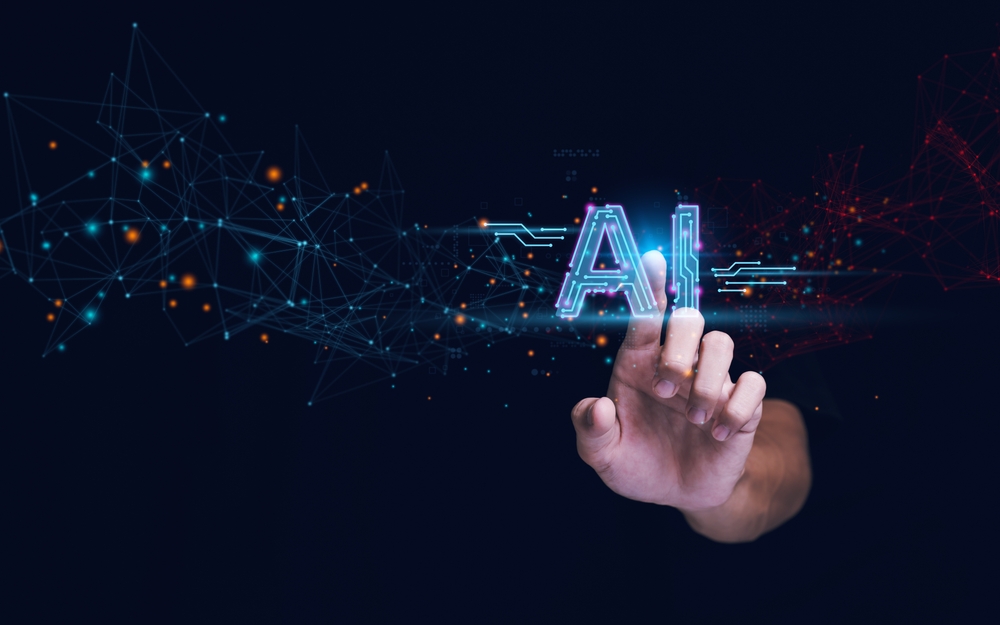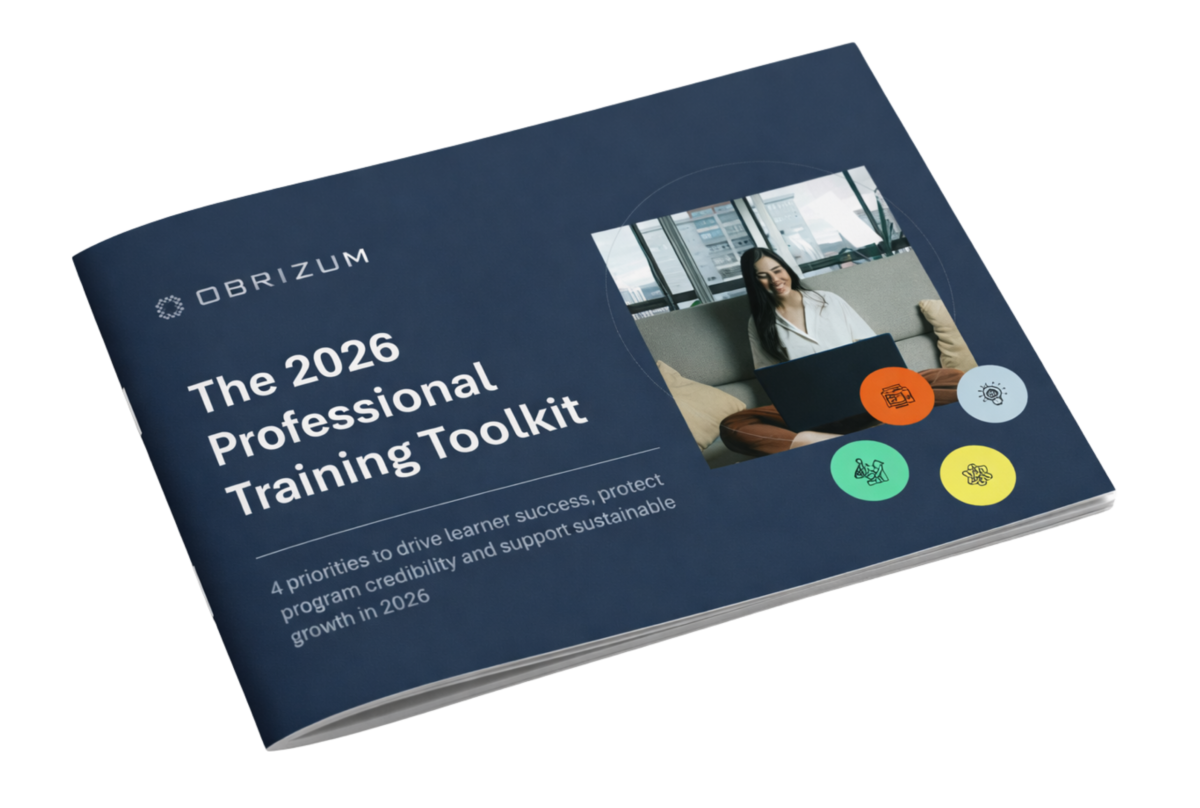
Published on 9th November 2023
The AI Safety Summit: Navigating the future of technology ethics
Last week marked a critical milestone in AI development.
The UK has emerged as a catalyst for change and innovation as Prime Minister Rishi Sunak led the first-ever AI Safety Summit at Bletchley Park, sparking critical debates on AI ethics and safety.
This groundbreaking event brought together international governments, leading AI companies, and research experts including the US vice-president, Kamala Harris, the European Commission President, and Elon Musk. Together they challenged the central concern resonating among organisations and the general public- the future of AI safety regulations.
These sentiments were further translated within the King’s speech on Tuesday this week, where King Charles reiterated the UK’s efforts to safely harness the power of AI for the long term.
However, the one question on everyone’s minds is will the power of future AI replace our human capabilities?
The OBRIZUM team has taken a deep dive into what came out of these global conversations.
Understanding AI and its risks
A major achievement of the summit was the Bletchley Declaration, signed by 28 countries including the US, UK, and China. It emphasises global coordination and AI safety standards, focusing on transparency and scientific collaboration to mitigate AI risks.
This landmark agreement marks the first step towards creating international norms for AI development and use, in the hope of leading to a safer and more effective management of AI’s rapid advancement.
Throughout the summit, experts outlined the major risks and repercussions these advanced technologies could cause if not managed appropriately. Here are the five most prominent considerations:
- Misuse: AI could be exploited for harmful purposes such as creating deep fakes, which can undermine trust as well as the existential threat of AI systems evolving beyond human control.
Ethical concerns: AI’s potential to amplify biases and perpetuate discrimination, along with ethical dilemmas like decision-making autonomy, poses significant risks to social equity and moral values. - Security risks: AI technologies can pose national security threats, including the development of advanced warfare technologies and bioweapons, and the potential for global power imbalances due to unequal AI advancements.
- Economic impact: The rapid advancement of AI could lead to significant job market disruptions, contributing to unemployment and widening economic inequality.
- Regulatory challenges: The lack of a unified international regulatory framework for AI governance presents challenges in effectively managing these risks, necessitating global cooperation and comprehensive regulation.
Making the future what we want it to be
It’s easy to get bogged down in the doom and gloom of AI, but the applications of this technology are already – and will continue to be – revolutionary in business. From the Summit, there are three clear components of a considerate AI development blueprint:
Embrace transparency and openness – Transparency is crucial in this evolving landscape. Companies should clearly communicate their AI model usage and intentions, fostering trust and understanding of AI’s role in their operations.
Implement retraining schemes – With AI reshaping job roles, re-training is key. These schemes are vital for closing skills gaps and empowering the workforce to effectively leverage AI, transforming it from a potential job threat to a powerful tool.
Prioritise education and awareness – Education is fundamental for responsible AI usage. Companies and individuals must stay informed about AI’s capabilities and risks. Incorporating regular ethics and safety training is key. Remember, the thing that’s dangerous is the person behind the tool, not the tool itself.
A use case: AI in corporate learning
AI guidelines are essential for safety, especially in sectors like education where ethical understanding and access to accurate information are imperative. AI’s effectiveness is only as good as the content it is provided with, so precise data is critical for enhanced learning.
Adaptive learning platforms like OBRIZUM demonstrate the positive impact of AI in digital education, offering personalised learning, efficient knowledge transfer, and adhering to ethical AI practices.
In this era of AI integration, it is crucial to harness AI in ways that align with humanity’s best interests, fostering an environment where AI is not a threat, but a catalyst for positive transformation and progress. Events like the AI Safety Summit mark a pivotal start to a safer and more responsible implementation of AI for the future.






